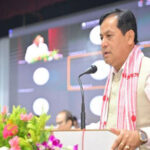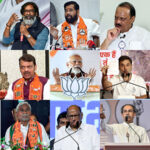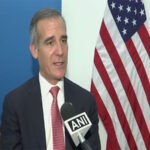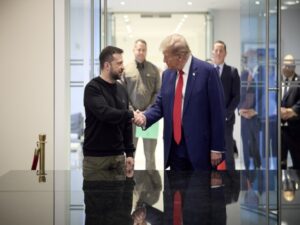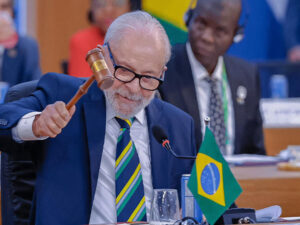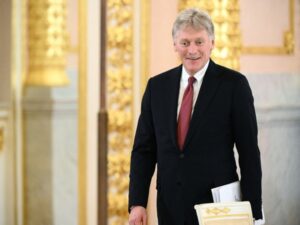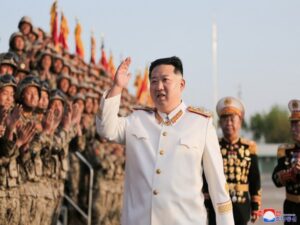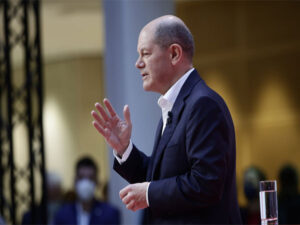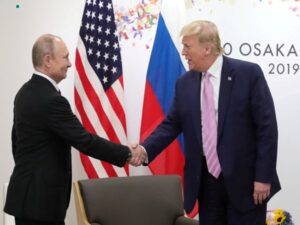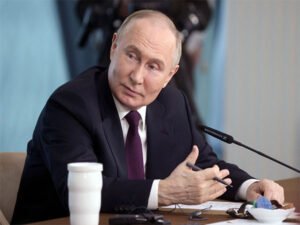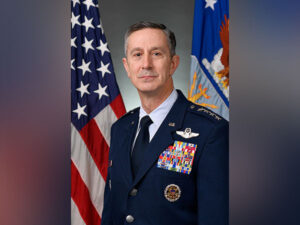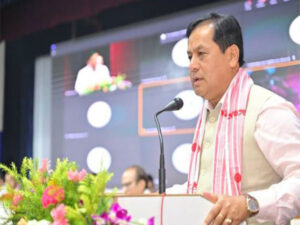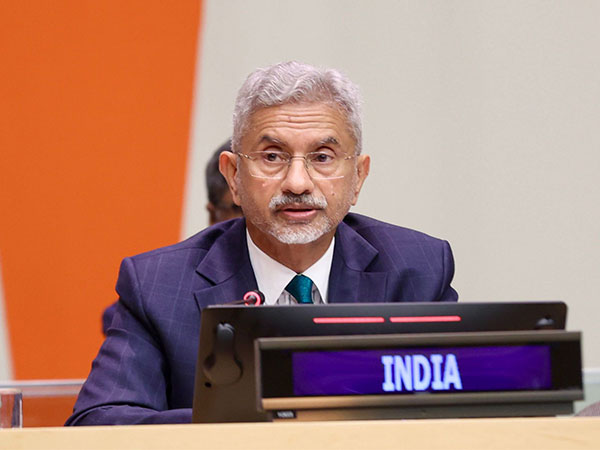
New York [US], September 26 (ANI): External Affairs Minister, S Jaishankar on Wednesday spoke at the G20 Foreign Ministers’ Meeting in New York on the theme ‘Global Governance Reforms’ and highlighted the urgency for UN reforms to ensure representative, credible and effective multilateralism.
In a post on X, he said, “Spoke at the G20 Foreign Ministers’ Meeting in New York today on the theme ‘Global Governance Reforms’. Highlighted the urgency of UN reforms to ensure representative, credible and effective multilateralism. Includes expansion of UNSC in both categories. Noted the imperative of robust, expansive and effective international financial architecture. Spoke about India’s efforts at G20 to reform MDBs to meet aspirations of the developing world. Underlined the challenges of protectionism and market-distorting practices to the international trading system. Called for comprehensive reforms of WTO to ensure a rules-based, non-discriminatory and a fair multilateral trading system.”
Jaishankar/status/1838955924414697691″ rel=”noopener” target=”_blank”>https://x.com/DrSJaishankar/status/1838955924414697691
He presented India’s views “on the three key areas of global governance reform.”
Talking about reform of the UN and its subsidiary bodies, he said that the UN remained a prisoner of the past.
“First is the reform of the UN and its subsidiary bodies. The world has evolved into a smart, interconnected, and multi-polar arena; and its members have increased four-fold since UN’s inception. Yet, the UN remains a prisoner of the past. As a result, the UNSC struggles to fulfil its mandate of maintaining international peace and security, undermining its effectiveness and credibility. Without reforms, including expansion in both categories of UNSC membership, its lack of effectiveness will only continue. Expansion and proper representation in the permanent category is a particular imperative. Asia, Africa and Latin America- the Global South cannot continue to be shortchanged. They must be given their legitimate voices. Real change needs to happen, and happen fast,” he said.
Jaishankar said that the international financial architecture must focus on issues dictated by urgent development challenges.
“The second issue is the reform of the International Financial Architecture. The Bretton Woods institutions have to now focus on urgent issues dictated by persistent development challenges and pressing climate change. Neither the MDBs nor the orthodox global financial system were designed to handle them,” he said.
Jaishankar emphasised that the Multilateral Development Banks must be made expansive.
“Financing and investment gaps for SDGs, estimated at up to USD 4 trillion annually, need to be addressed urgently. As key anchors of the global development financing landscape, MDBs must be made more robust, expansive, and effective,” he said.
He recalled that significant strides were made during India’s G20 Presidency and MDBs were encouraged to refine their vision.
“Significant strides, with your collective support, were made during India’s G20 Presidency in this regard. G20 Leaders had called for expanding development and climate finance from billions to trillions. They had encouraged MDBs to refine their vision, incentive structures, operational approaches and financial capacities, to maximize their developmental impact. Brazil’s Presidency, as we all appreciate, has continued the momentum. The 2024 G20 Roadmap for better, bigger, and more effective MDBs, builds on the New Delhi mandate and the recommendations of the 2023 G20 Independent Expert Group on Strengthening MDBs,” Jaishankar said.
Jaishankar reiterated India’s stance and said that the multilateral trading system must be reformed to discourage market-distorting practices and protectionism.
“The third issue is reform of the Multilateral Trading System. India remains unwavering in its commitment to a rules-based, non-discriminatory, fair, open, inclusive, equitable and transparent multilateral trading system, with the World Trade Organization at its core. We strongly support policies that foster trade and investment, enabling every nation to flourish in an interconnected and dynamic world. To foster a favourable trade and investment environment, we must ensure a truly level playing field and fair competition. Market-distorting practices and protectionism must be firmly discouraged,” said Jaishankar.
Jaishankar said that India called for reforms in the WTO to enhance its functions through an inclusive, member-driven and transparent process.
“India calls for comprehensive reform of the WTO to enhance its functions through an inclusive, member-driven, and transparent process. It remains committed to constructive discussions for realizing a fully operational and effective dispute settlement system accessible by all members. A reformed and fair multilateral trading system is vital for our future to be more equitable and inclusive,” he said.
The EAM concluded and said that the proposal for change demands bold action.
“Breaking the stasis requires more than incremental changes; it demands bold, transformative action. The world looks to the G20 in this regard,” he said. (ANI)

